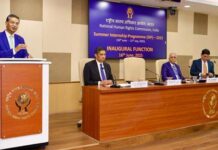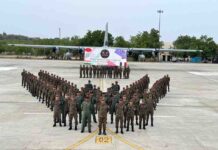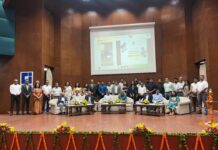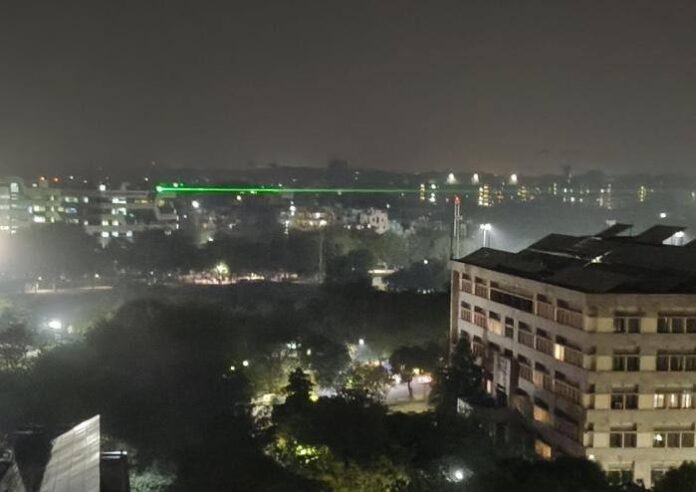June 17: In a remarkable advancement for India’s technological capabilities, the Defence Research and Development Organisation (DRDO) and the Indian Institute of Technology (IIT) Delhi have achieved a major breakthrough in the field of quantum communication. The collaborative effort led to the successful demonstration of entanglement-based quantum key distribution (QKD) across a free-space distance exceeding one kilometre, placing India firmly among the front-runners in the global race for quantum-secure systems.
Conducted at the DRDO-Industry-Academia Centre of Excellence (DIA-CoE) at IIT Delhi, the experiment showcased India’s ability to establish ultra-secure communication without the use of traditional fibre-optic cables. The demonstration featured a secure key generation rate of nearly 240 bits per second and a quantum bit error rate (QBER) below 7%, ensuring reliable and tamper-proof encryption.
The core principle behind the technology—quantum entanglement—guarantees that any attempt at interception would be immediately detected, making it practically impossible for unauthorized parties to access the transmitted information. This development is crucial for safeguarding sensitive defence and national communications in a future increasingly reliant on digital security.
Defence Minister Rajnath Singh praised the accomplishment as a vital step toward self-reliant, next-generation defence infrastructure. He emphasized its relevance in protecting critical data in the military and government sectors, while also benefiting secure civilian applications like banking, telecommunications, and e-governance.
The free-space approach, which bypasses the limitations of physical cables, holds particular promise for deployment in geographically challenging areas. This complements earlier achievements by DRDO and IIT Delhi, including inter-city quantum links and fibre-based secure channels.
A key event in India’s National Quantum Mission, this milestone also involved a demonstration aboard the Norwegian research vessel Statsraad Lehmkuhl, highlighting international collaboration potential in marine and spatial planning.
Professor Bhaskar Kanseri, who led the IIT Delhi research team, said this success lays the groundwork for scalable, real-world applications of quantum communication, both in defence and civilian contexts.
As the global community advances toward quantum internet and next-generation cybersecurity, this feat reinforces India’s role as a serious contributor to the future of secure digital infrastructure. It also signals a strong national intent to lead in cutting-edge science and innovation.



















